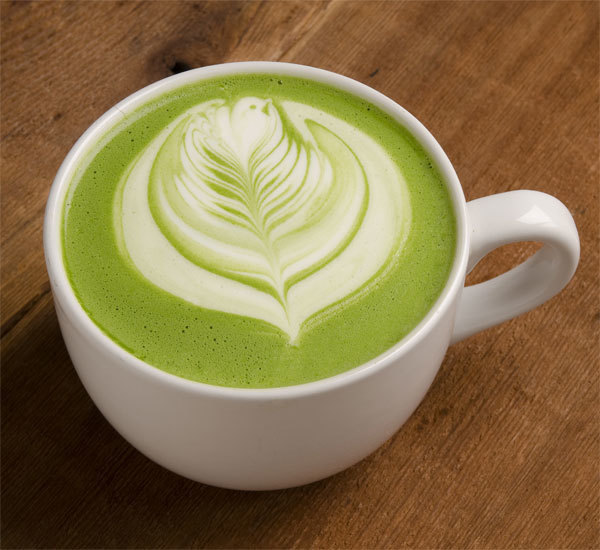

MATCHA, the Green Tea packed with antioxidants, is often hailed as containing properties which prevent disease.
Scientists in Salford, UK have shed a ray of light on the claim by testing it on cancer stem cells - with surprising results.
In research published in the journal Aging, a team from the Biomedical Research Centre at the University of Salford, used metabolic phenotyping on cell lines of breast cancer stem cells and found that Matcha "shifted cancer cells towards a quiescent metabolic state" and stopped their spread at a relatively low concentration (0.2 mg/ml).
They also found that the signaling pathways that promote cancer stem cells indicated that Matcha "strongly affected mTOR signals, weakening components of the 40S ribosome. This raised the possibility that Matcha could be used in place of chemical drugs such as rapamycin.
Michael Lisanti, professor of translational medicine at the center, explained: "Matcha green tea is a natural product used as a dietary supplement with great potential for a range of treatments. But, the molecular mechanism underpinning all that remains largely unknown.
"By using metabolic phenotyping, we found that the tea is suppressing oxidative mitochondrial metabolism - in other words it is preventing the cells from 're-fuelling' and therefore they become inactive and die.
"The effects on human breast cancer cells were very striking; the active ingredients in matcha having a surgical effect in knocking out certain signaling pathways.
"Our results are consistent with the idea that Matcha may have significant therapeutic potential, mediating the metabolic reprogramming of cancer cells."
The team who specialize in identifying non-toxic methods of killing cancer stem cells recently found that Earl Grey tea ingredient, Bergamot kills cancer cells and works as an anti-cholesterol agent.
Ref : https://www.salford.ac.uk/news/articles/2018/green-tea-prevent-cancer-cells-from-refuelling

 Catechins
Catechins